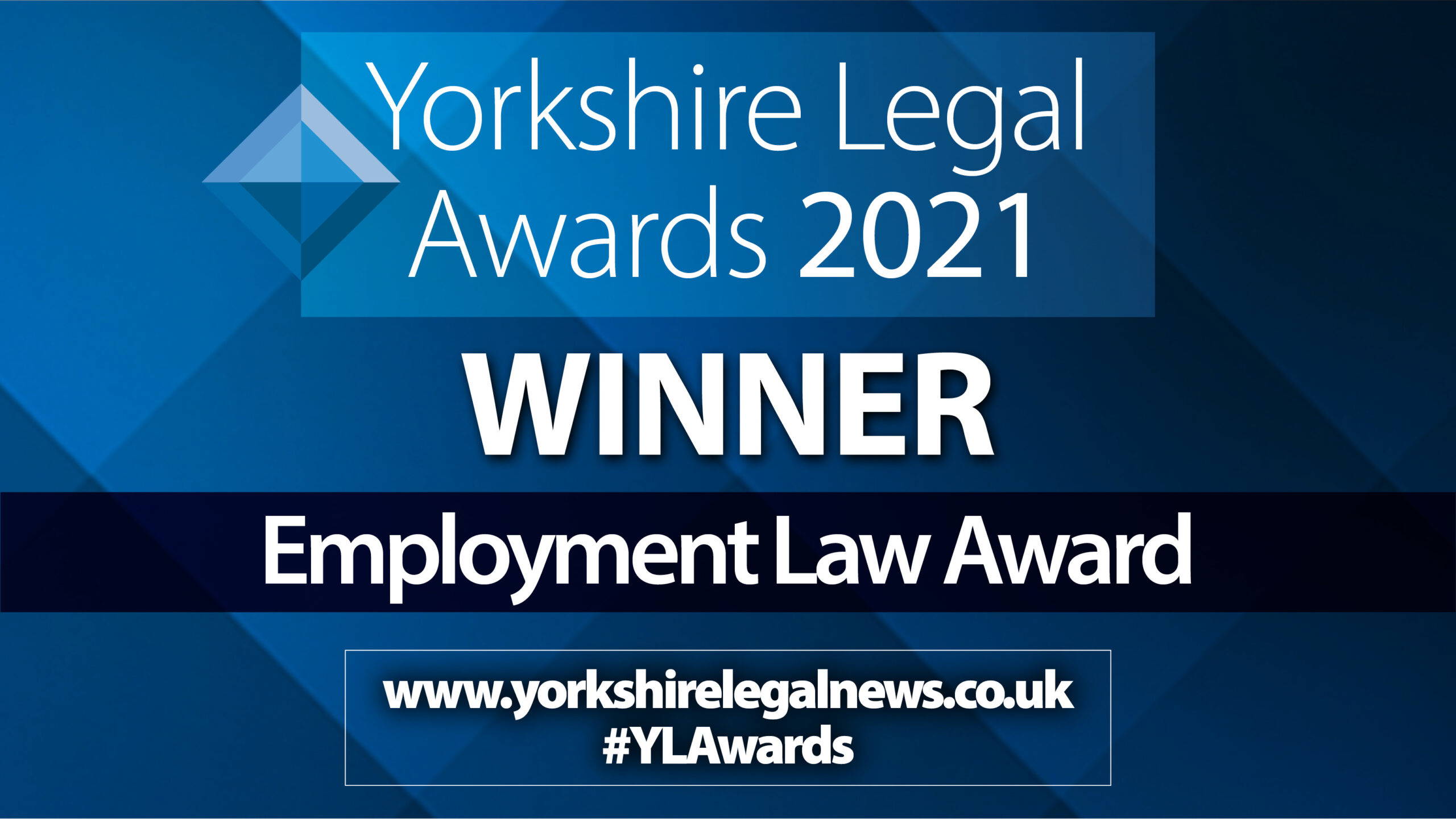Introduction
The current climate in the UK is troubling. We are seeing a rise in racist and anti-trans rhetoric, much of it amplified by social media platforms that have become the new “wild west.” These narratives don’t just exist online, –they seep into our workplaces, shaping how people feel, interact, and show up at work.
For leaders, the responsibility has never been clearer;: to foster environments where everyone feels safe, respected, and able to bring their whole selves to work.
The Problem: Rhetoric Becoming Reality
- Social media fuels division and emboldens harmful speech.
- Minority groups face increased hostility, intimidation, and fear.
- This spills into workplaces, creating cultures of anxiety rather than belonging.
The result? Employees may withdraw, feel unable to contribute, or even leave organisations that don’t take a stand.
What This Means for Your Workplace
- Psychological Safety: Without it, innovation, engagement, and wellbeing are compromised. People won’t speak up unless they feel supported and safe to do so.
- Team Culture: When microaggressions go unchecked, they erode trust and normalise harmful behaviours. Taking decisive action, such as dismissing a toxic employee, can have a transformative effect on culture.
- Diversity and Retention: Vulnerable employees may disengage or leave, costing organisations both talent and credibility. Worst-case scenario: they may also bring a claim, with significant financial and reputational damage for the organisation.
Practical Steps for Leaders
1: Zero Tolerance Policies
- Reaffirm your stance against harassment, discrimination, and bullying.
- Ensure everyone has read and understood policies recently, and keep a clear paper trail.
- Make clear that “banter” is not an excuse.
2: Training & Awareness
- Provide training on unconscious bias, microaggressions, and bystander interventions, as well as why everyone has a role in EDI.
- Train managers to recognise and act on inappropriate behaviour swiftly and fairly.
3: Encourage Micro-Affirmations
- Build people up through small acts of inclusion and recognition.
- Model positive behaviour daily.
4: Anonymous Reporting Mechanisms
- Create safe channels for employees to raise concerns without fear of retaliation.
- Be clear how these tools interact with formal processes such as disciplinary and grievance.
- Review reports proactively and act consistently.
5: Consider Your People’s Reality
- Some employees may feel more vulnerable right now (e.g. travelling to client sites, attending busy events).
- Adapt expectations around travel and social gatherings with safety in mind.
- Ask your people how they feel. Monitoring sentiment rRegularly checking in on their wellbeing, perspective and experiences can provide valuable insight into their lived reality.
6: Allyship and Compassionate Leadership
- Reflect on your own privilege. Just because you don’t feel or see something doesn’t mean it isn’t happening right under your nose.
- Use your privilege to speak up, call out harmful behaviour, and protect those who may not feel able to.
- Put yourself in other people’s shoes, —but don’t assume you know how they feel.
Closing Message
While we can’t control the rise in toxic rhetoric online or in wider society, we can control what we are willing to tolerate in our workplaces. As leaders, our role is to create cultures of psychological safety, stamp out discriminatory behaviour, and ensure our people know we have their backs. That is how we build thriving workplaces where everyone can belong.
At Thrive Law, we provide confidential support to employers on:
- Having difficult conversations.
- Managing discrimination and harassment at work.
- Supporting with anonymous reporting processes.
- Training staff and managers on bias, banter, and microaggressions.
- Coaching and guidance on sensitive topics with mental health in mind.
👉 If you’d like advice or support on any of these issues, please get in touch with our team today by emailing enquiries@thrivelaw.co.uk.









